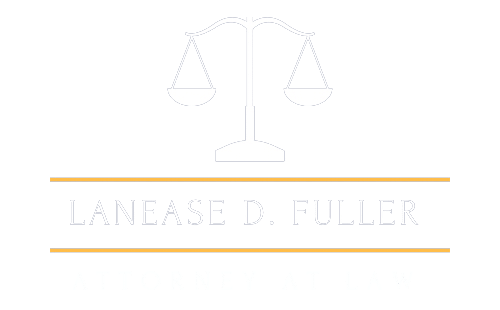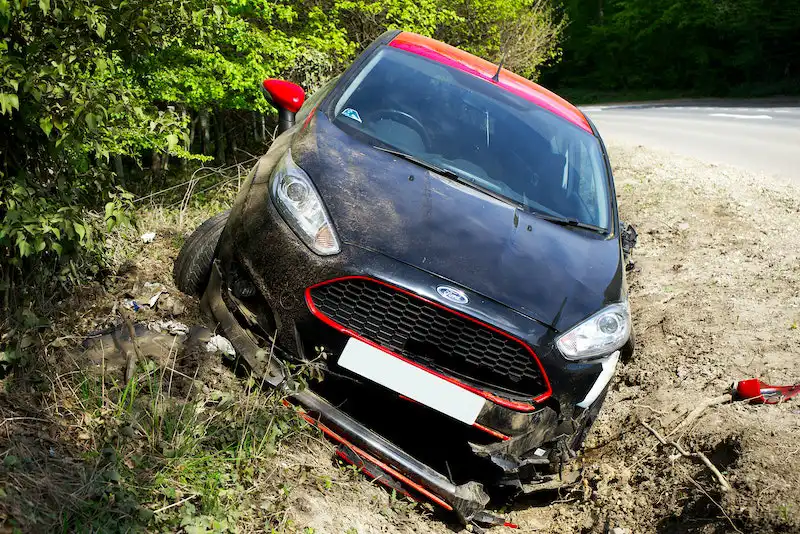To ensure you’re well-prepared in the event of a car accident, it’s wise to contemplate the necessary steps beforehand, preventing serious consequences and ensuring a clear plan of action. Below, you’ll find valuable insights to assist you in collecting pertinent information and effectively managing your situation following a collision.
Check Your Own Well-being:
If you find yourself injured, promptly call 911 or request assistance from someone nearby. If your injuries are severe, remain still and await the arrival of emergency personnel.
Ensure Passengers’ Safety:
If your condition permits, assess the condition of other passengers in your vehicle. If injuries are evident, contact emergency services immediately or enlist the help of bystanders.
Move to Safety:
If feasible, move to the side of the road or onto a sidewalk. If your vehicle poses a hazard and is operable, relocate it to a safer spot. If not, leave it in place and prioritize your safety.
Contact Emergency Services:
Regardless of whether the accident is minor or major, notifying the police is crucial. In certain states, this is legally mandated. Responding officers will document the scene and generate an accident report. Should police be unavailable at the scene, visit the nearest police station to file a report, as advised by the III (Insurance Information Institute). This report could be requested by your insurer to expedite the claims process.
Wait Safely:
Switch off your engine, activate hazard lights, and utilize road flares from your emergency kit to caution other drivers to reduce their speed.
Be cautious of unauthorized tow trucks, as cautioned by the National Insurance Crime Bureau, to avoid potential scams where uninvited tow truck operators offer assistance. They might take your vehicle to questionable facilities, demanding excessive payments.
Exchange Information:
Once ensuring your safety and the safety of your passengers, exchange contact and insurance details with the other driver. The following information is essential, as recommended by the III:
Full name and contact details
Insurance company and policy number
Driver’s license and license plate number
Vehicle type, color, and model
Accident location
While discussing fault should be avoided during this exchange, the adjuster reviewing your claim will determine fault based on vehicle inspection, statements from involved parties, and supporting documentation like police reports and photographs.
Document the Incident:
To safeguard your interests, follow these steps:
Identify responding officers and collect their names and badge numbers.
Inquire about obtaining a copy of the accident report from the police.
Capture comprehensive photos of both vehicles’ damages from various angles, including the other vehicle’s license plate.
Record names, addresses, and contact details of all involved parties and witnesses.
Notify Insurer and Initiate Claims:
Consider calling your insurance provider from the scene or utilizing their mobile app if available. This allows you to gather precise information on the necessary steps and expectations for the claims process. If needed, they can arrange towing to an authorized repair facility.
Post-Claim Process:
After filing an insurance claim, your provider will require the previously mentioned information. An adjuster may assess the damage to determine fault and repair costs. Depending on your coverage, you could receive reimbursement for repairs or the actual cash value if your vehicle is declared totaled.
Notify DMV, if Necessary:
Different states have varying requirements for reporting accidents to the DMV, considering factors such as damages, injuries, and repair expenses. Consult your local DMV for guidelines on reporting accidents.
By understanding and following these steps, you can navigate the aftermath of an accident with greater confidence, ensuring you’re well-equipped to work with your insurer and restore your vehicle’s condition efficiently.
Consult an Attorney After Accident
Have you been injured in an accident that was not your fault? Our experienced personal injury attorney can help you. We offer free consultations for medical malpractice, catastrophic injuries, wrongful death suits, motor vehicle accidents, and more. We work on a contingent fee basis, meaning you get the best personal injury attorney in the Houston area without any upfront costs to you.
Top Injury Attorney in Houston, TX
Attorney Fuller is a seasoned attorney with nearly three decades of experience representing a wide range of clients. This includes individuals who have suffered an injury due to another’s actions, individuals facing criminal charges, those who have been arrested for DWI, individuals who have found themselves in a civil litigation dispute, and those looking for legal guidance in business.
After filling out a client intake form, Attorney Lanease D. Fuller will take appropriate action in your case to help you get the results you are looking for. This includes but not limited to gathering evidence, going to trial, and earning a settlement that is appropriate for your specific situation. Reach out to us today to take the first step towards settling your case.
LANEASE D. FULLER LAW
4615 S. Frwy St. 820
Houston, TX 77051
713-439-7400
View our Google Listing


